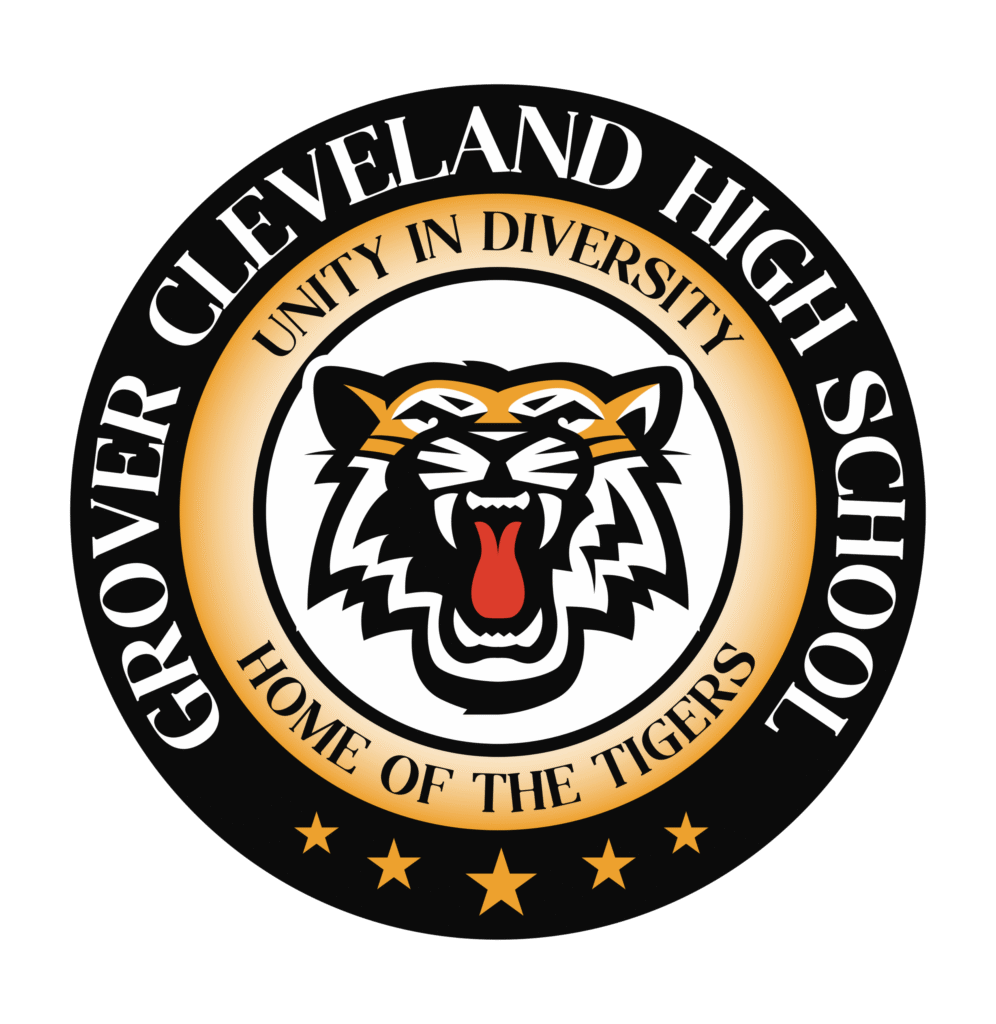
Teaches students about government, laws, and democratic processes.
Encourages active participation in civic life, such as voting, community service, and advocacy.
Helps students understand their rights and responsibilities as citizens.
Provides context for current events by examining historical events, movements, and ideas.
Promotes respect for diverse cultures, traditions, and perspectives.
Builds awareness of how the past shapes the present and future.
Encourages students to analyze information, evaluate evidence, and form reasoned conclusions.
Develops skills for identifying bias, misinformation, and propaganda.
Helps students think independently and make informed decisions.
Prepares students to live in an interconnected world.
Highlights issues such as globalization, human rights, environmental sustainability, and international relations.
Encourages empathy and cooperation across cultures.
Strengthens research, communication, debate, and writing skills.
Promotes financial literacy, geography knowledge, and understanding of economic systems.
Helps students apply lessons to real-world issues like climate change, inequality, or technological change.
Encourages reflection on values, ethics, and personal beliefs.
Helps students understand their role in society and how they can contribute positively.
Builds confidence in expressing opinions and engaging in constructive dialogue.